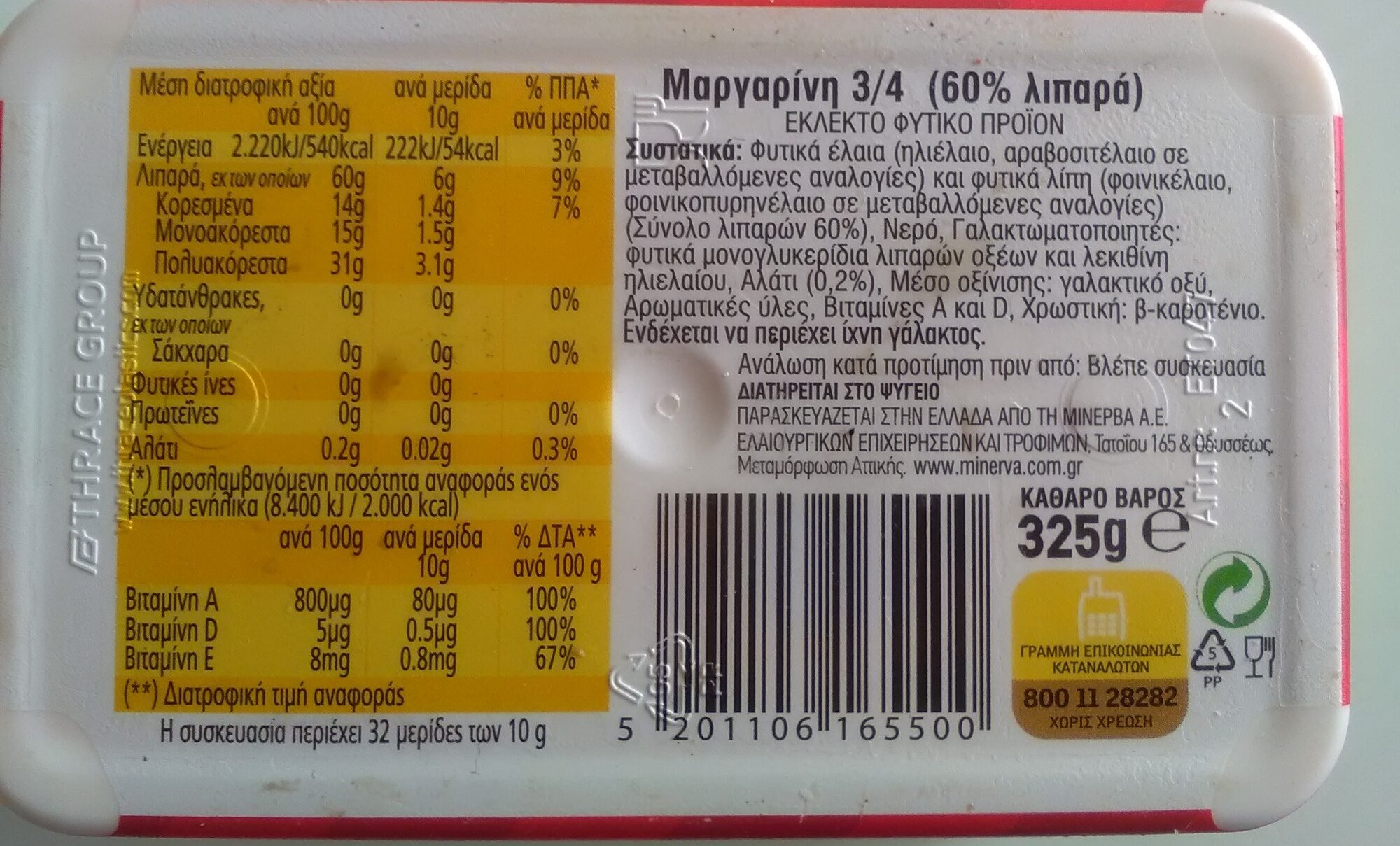2-υδροξυπροπανικό οξύ: Το 2-υδροξυπροπανικό οξύ -αγγλικά 2-hydroxypropanoic acid- είναι οργανική χημική ένωση, που περιέχει άνθρακα, υδρογόνο και οξυγόνο, με μοριακό τύπο C3H6O3 -δηλαδή έχει την αναλογία 2:1 H:O, των υδατανθράκων-, αν και συνηθέστερα παριστάνεται ως CH3CH-OH-COOH. Παίζει ρόλο σε διάφορες βιοχημικές διεργασίες. Απομονώθηκε για πρώτη φορά το 1780, από το Σουηδό χημικό Καρλ Βίλχελμ Σέελε -Carl Wilhelm Scheele-. To 2-υδροξυπροπανικό οξύ, γνωστότερο ως «γαλακτικό οξύ» -αγγλικά lactic acid-, είναι καρβοξυλικό οξύ και πιο συγκεκριμένα α-υδροξυοξύ -AHA, A-HydroxyAcid-, δηλαδή διαθέτει μια υδροξυλομάδα -OH- ενωμένη σε άτομο άνθρακα που βρίσκεται δίπλα στην καρβοξυλομάδα του -COOH-. Σε διάλυμα, μπορεί να χάσει -με ηλεκτρολυτική διάσταση- ένα πρωτόνιο από την καρβοξυλομάδα του και να μετατραπεί σε 2-υδροξυπροπανικό ή γαλακτικό ανιόν -CH3CH-OH-COO--. Σε σύγκριση με το αιθανικό οξύ, το 2-υδροξυπροπανικό οξύ έχει pKa μικρότερο κατά μια μονάδα -1-, γεγονός που σημαίνει ότι το 2-υδροξυπροπανικό οξύ αποπρωτονιώνεται 10 φορές ευκολότερα από το αιθανικό οξύ. Αυτή η υψηλότερη οξύτητα του 2-υδροξυπροπανικού οξέος είναι συνέπεια του σχηματισμού μιας ενδομοριακής γέφυρας υδρογόνου μεταξύ του α-υδροξυλίου και της καρβοξυλομάδας του, η οποία μειώνει την ικανότητα του μορίου να έλκει ισχυρά το πρωτόνιο της καρβοξυλομάδας του. Το 2-υδροξυπροπανικό οξύ είναι αναμίξειμο με το νερό και με την αιθανόλη, ενώ είναι υγροσκοπικό, δηλαδή έχει την τάση να αφαιρεί και να συγκρατεί υγρασία από τον περιβάλλοντα χώρο του. Το 2-υδροξυπροπανικό οξύ είναι χειρόμορφο και έχει δυο οπτικά ισομερή. Το ένα είναι γνωστό ως L--+-- ή S-2-υδροξυπροπανικό οξύ και ο κατοπτρικός αντίποδάς του είναι γνωστό ως D---- ή R-2-υδροξυπροπανικό οξύ. Στα ζώα, το L-γαλακτικό οξύ παράγεται σταθερά από το πυροσταφυλικό οξύ, μέσω του ενζύμου γαλακτική δεϋδρογονάση -LDH, Lactate DeHydrogonase- σε διεργασία ζύμωσης, κατά τη διάρκεια του κανονικού μεταβολισμού και της εξάσκησης. Η συγκέντρωσή του γαλακτικού δεν αυξάνεται μέχρις ότου ο ρυθμός παραγωγής του υπερβεί το ρυθμό της απομάκρυνσής του, που ελέγχεται από έναν αριθμό παραγόντων, που περιλαμβάνουν μονοκαρβοξυλικούς μεταφορείς, τη συγκέντρωση και την ισομορφία του LDH, και την οξειδωτική χωρητικότητα των ιστών. η συγκέντρωση του γαλακτικού οξέος στο αίμα είναι συνήθως 1-2 mmol/lit, κατά την ξεκούραση, αλλά μπορεί να ανέλθει ως και πάνω από 20 mmol/lit, μετά από έντονη άσκηση. Στη βιομηχανία, η γαλακτική ζύμωση πραγματοποιείται από βακτήρια του γαλακτικού οξέος, που μετατρέπουν γλυκόζη και σουκρόζη σε γαλακτικό οξύ. Αυτά τα βακτήρια μπορούν επίσης να αναπτυχθούν στο στόμα: Το γαλακτικό οξύ που παράγουν είναι υπεύθυνο για τη φθορά των δοντιών. Στην ιατρική, το 2-υδροξυπροπανικό οξύ είναι ένα από τα κύρια συστατικά του γαλακτικού διαλύματος Ρίνγκερ -lactated Ringer's solution- και του γαλακτικού διαλύματος Χάρτμανν -lactated Hartmann's solution-. Αυτά τα ενδοφλέβια διαλύματα περιέχουν 2-υδροξυπροπανικό οξύ, χλωριούχο νάτριο -NaCl- και χλωριούχο κάλιο -KCl- σε αποσταγμένο νερό, σε ισοτονικές με το ανθρώπινο αίμα συγκεντρώσεις, Η πιο συνηθισμένη χρήση αυτών των διαλυμάτων είναι η αντικατάσταση απωλειών σε υγρά του αίματος, μετά από αιμορραγία από τραύμα, εγχείρηση ή έγκαυμα.
Source:
Wikipedia





